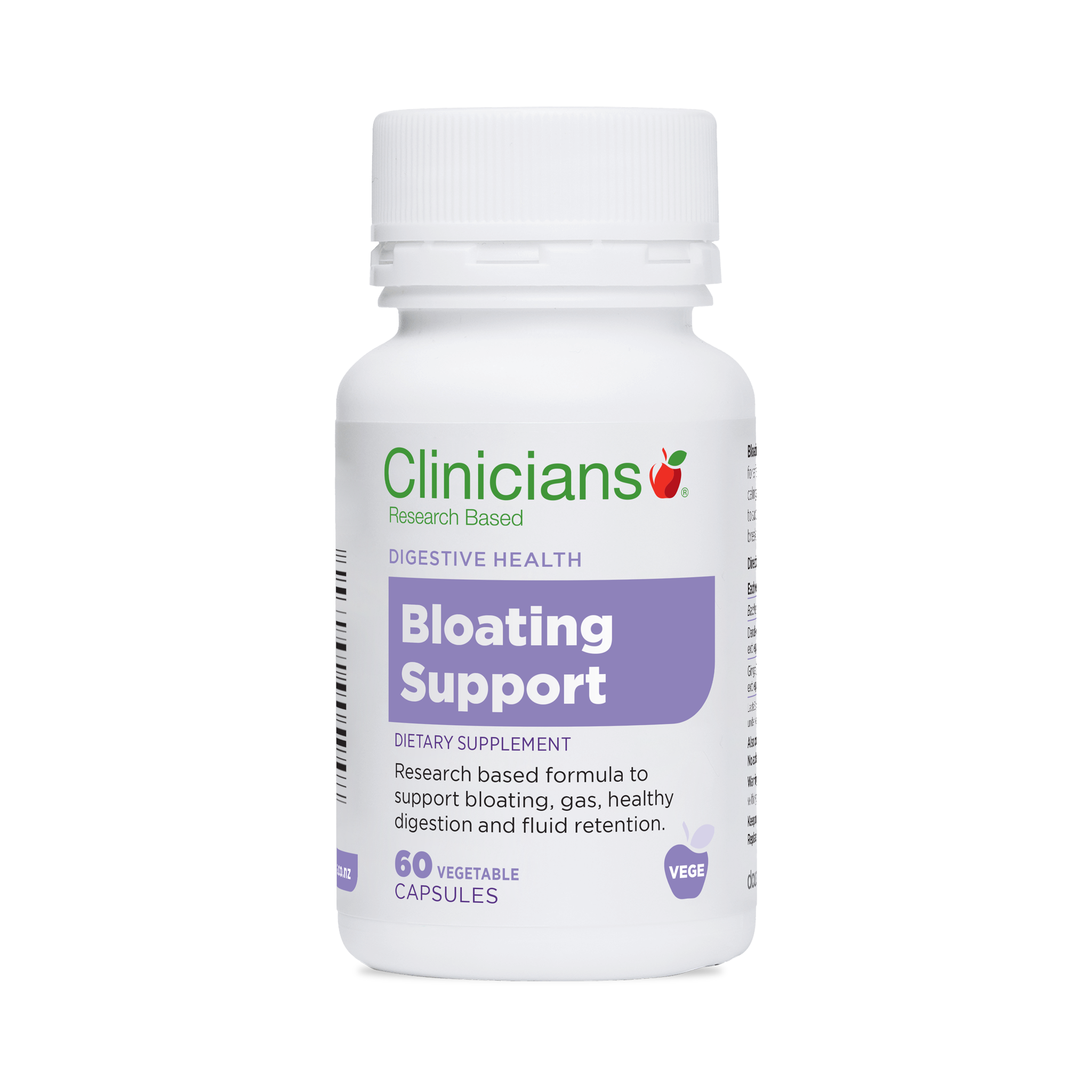Bloating is one of the most common digestive issues people face today, and finding effective solutions can be challenging. Probiotic supplements for bloating have emerged as a popular choice for many individuals seeking relief. These supplements are packed with beneficial bacteria that can help restore balance to your gut microbiome, reducing discomfort and promoting overall digestive health.
Bloating occurs when your stomach feels swollen, tight, or full of gas after eating. It can be caused by various factors, including poor digestion, food intolerances, or an imbalance of gut bacteria. Probiotics, often referred to as "good bacteria," play a crucial role in maintaining a healthy digestive system. By introducing probiotics into your routine, you may experience significant improvements in your gut health.
In this comprehensive guide, we will explore the benefits of probiotic supplements for bloating, how they work, and how to choose the right product. Whether you're new to probiotics or looking to refine your current regimen, this article will provide you with all the information you need to make an informed decision.
Read also:Flattering Swimsuit For Small Chest Find Your Perfect Fit
Table of Contents
- What Are Probiotics?
- How Do Probiotic Supplements Help with Bloating?
- Benefits of Probiotic Supplements for Bloating
- Best Probiotic Strains for Bloating
- Choosing the Right Probiotic Supplement
- Dosage Guidelines for Probiotic Supplements
- Common Mistakes to Avoid When Using Probiotics
- Scientific Evidence Supporting Probiotic Use
- Potential Side Effects of Probiotic Supplements
- Conclusion and Final Thoughts
What Are Probiotics?
Probiotics are live microorganisms that, when consumed in adequate amounts, confer health benefits to the host. These "good bacteria" are naturally found in fermented foods such as yogurt, kefir, sauerkraut, and kimchi. However, probiotic supplements offer a concentrated source of these beneficial microbes, making them a convenient option for those seeking to improve their gut health.
Probiotics work by colonizing the gut and supporting the balance of the microbiome. A healthy microbiome is essential for proper digestion, nutrient absorption, and immune function. When the balance is disrupted, it can lead to symptoms like bloating, gas, and constipation.
By incorporating probiotic supplements into your daily routine, you can help restore harmony to your digestive system and alleviate uncomfortable symptoms. The key is selecting the right strains and dosage for your specific needs.
How Do Probiotic Supplements Help with Bloating?
Restoring Gut Microbiome Balance
Bloating often results from an imbalance in the gut microbiome, where harmful bacteria outnumber beneficial ones. Probiotic supplements introduce beneficial bacteria into your system, helping to restore the natural balance and reduce inflammation in the digestive tract.
Enhancing Digestion
Probiotics assist in breaking down food more efficiently, particularly carbohydrates and fibers that can be difficult to digest. This reduces the production of gas, which is a common cause of bloating. Additionally, probiotics can improve the absorption of nutrients, ensuring your body gets the most out of the food you eat.
Benefits of Probiotic Supplements for Bloating
Probiotic supplements offer a wide range of benefits beyond just reducing bloating. Here are some key advantages:
Read also:Swimwear For Fat Person Embrace Your Confidence And Style At The Beach
- Improved Digestive Health: Probiotics support regular bowel movements and reduce symptoms of constipation and diarrhea.
- Boosted Immune System: A healthy gut microbiome strengthens your immune response, making you less susceptible to illnesses.
- Reduced Inflammation: Probiotics help lower systemic inflammation, which can contribute to bloating and other digestive issues.
- Enhanced Nutrient Absorption: By improving digestion, probiotics ensure your body absorbs essential vitamins and minerals more effectively.
Best Probiotic Strains for Bloating
Not all probiotic strains are created equal. When it comes to bloating, certain strains have been shown to be particularly effective. Here are some of the top strains to look for:
- Lactobacillus acidophilus: Known for its ability to break down lactose and reduce gas production.
- Bifidobacterium lactis: Helps improve digestion and reduce bloating in individuals with irritable bowel syndrome (IBS).
- Lactobacillus plantarum: Supports the breakdown of complex carbohydrates, reducing gas and bloating.
When choosing a probiotic supplement, ensure it contains a combination of these strains for optimal results.
Choosing the Right Probiotic Supplement
Factors to Consider
Selecting the right probiotic supplement can be overwhelming, given the wide variety of options available. Here are some factors to consider:
- CFU Count: Look for a supplement with a high colony-forming unit (CFU) count, ideally between 10 billion and 100 billion.
- Strain Diversity: Choose a product that includes multiple strains of probiotics for a broader range of benefits.
- Shelf Stability: Opt for supplements that remain effective without refrigeration, ensuring potency even in warmer climates.
Reputable Brands
Some well-known brands offering high-quality probiotic supplements include Culturelle, Renew Life, and Garden of Life. Always check for third-party testing and certification to ensure the product's efficacy and safety.
Dosage Guidelines for Probiotic Supplements
The appropriate dosage of probiotic supplements depends on individual needs and the severity of symptoms. As a general guideline:
- Start with a lower dose, such as 10 billion CFUs daily, and gradually increase if necessary.
- Take the supplement consistently, ideally at the same time each day, for best results.
- Consult with a healthcare professional before starting any new supplement regimen, especially if you have underlying health conditions.
Remember that consistency is key when it comes to probiotics. It may take several weeks to notice significant improvements in your symptoms.
Common Mistakes to Avoid When Using Probiotics
While probiotic supplements can be highly beneficial, there are some common mistakes that can hinder their effectiveness:
- Not Following Dosage Instructions: Taking too much or too little can reduce the supplement's efficacy.
- Storing Improperly: Some probiotics require refrigeration to maintain potency. Always follow storage instructions on the label.
- Ignoring Diet: Pairing probiotics with a diet high in processed foods and sugar can negate their benefits. Focus on consuming whole, nutrient-dense foods.
Avoiding these pitfalls will help you maximize the benefits of your probiotic supplement.
Scientific Evidence Supporting Probiotic Use
Several studies have demonstrated the effectiveness of probiotics in reducing bloating and other digestive symptoms. For example, a 2019 study published in the journal Gut Microbes found that participants who consumed Lactobacillus acidophilus experienced a significant reduction in bloating compared to those who did not.
Another study published in the Journal of Clinical Gastroenterology highlighted the benefits of Bifidobacterium lactis in alleviating IBS-related symptoms, including bloating and abdominal discomfort.
These findings, along with numerous other studies, provide strong scientific support for the use of probiotic supplements in managing digestive issues.
Potential Side Effects of Probiotic Supplements
While generally considered safe, probiotic supplements can cause mild side effects in some individuals. Common side effects include:
- Gas and Bloating: Initially, some people may experience increased gas or bloating as their gut adjusts to the new bacteria.
- Stomach Upset: Nausea or mild stomach discomfort may occur, especially when starting a new supplement.
- Allergic Reactions: Rarely, individuals may have allergic reactions to certain strains or ingredients in the supplement.
If you experience persistent or severe side effects, discontinue use and consult a healthcare professional.
Conclusion and Final Thoughts
Probiotic supplements for bloating offer a natural and effective solution for those struggling with digestive discomfort. By restoring balance to your gut microbiome, these supplements can help reduce bloating, improve digestion, and enhance overall gut health.
When selecting a probiotic supplement, prioritize quality, strain diversity, and dosage guidelines. Always consult with a healthcare professional to ensure the supplement is appropriate for your individual needs.
We invite you to share your experiences with probiotic supplements in the comments below. Your feedback can help others make informed decisions about their gut health journey. Additionally, feel free to explore other articles on our site for more tips and insights into living a healthier, happier life.


